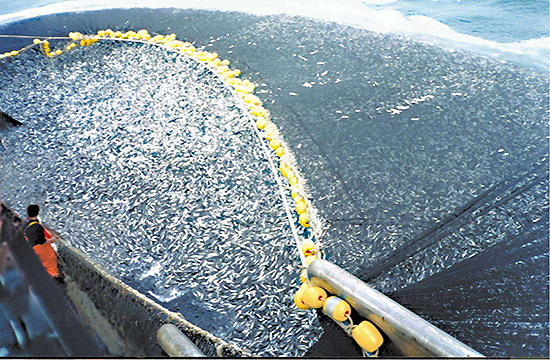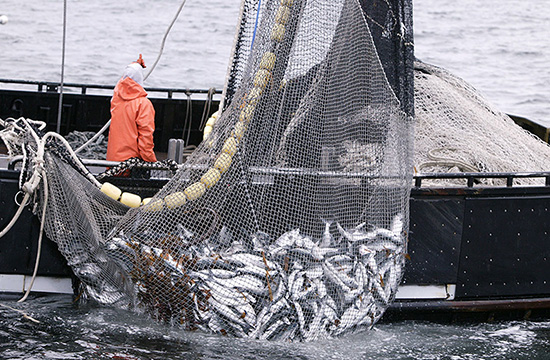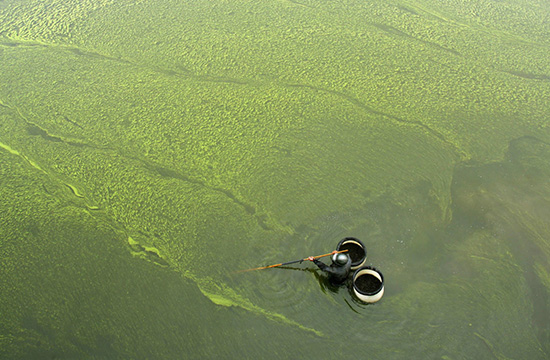
Aquaculture has become a significant food source and income globally, with strong production growth. As capture fisheries remain constant or decline, aquaculture continues to expand, accounting for approximately 35% of total fish production.
The increasing significance of aquaculture raises concerns about its impact on marine ecosystems, particularly in the context of eutrophication.
The expansion of aquaculture faces emerging threats from land-based activities, primarily agriculture and industrial activities in the coastal zone.
Human population expansion has led to widespread modifications of landscapes and seascapes, resulting in the over-enrichment of water with nutrients and the development of eutrophication in inland and coastal waters./p>


Eutrophication, characterized by excessive phytoplankton and macroalgal growth, poses a significant challenge to aquaculture. Reduced light penetration and loss of submerged aquatic vegetation can directly impact aquaculture productivity.
The negative environmental externalities associated with eutrophication cause concern in sustaining aquaculture operations.
Trends in aquaculture reflect efforts to mitigate the effects of agricultural pollution. Practices such as multiculture or polyculture and movement into offshore waters aim to lessen environmental impacts and maximize economic and social profit.
Restoration of filter-feeding bivalve populations has been proposed to reduce hypoxia by sequestering nutrients and organic matter.


The future challenge lies in integrating agriculture and aquaculture management to address the multiple needs of humans while protecting ecosystem services and functions.
Efforts are needed to control and reverse the adverse effects of agriculture on ecosystem services, reduce nutrient loads reaching coastal systems, and develop institutions capable of integrating different sectors with shared goals to feed people while protecting the environment.

